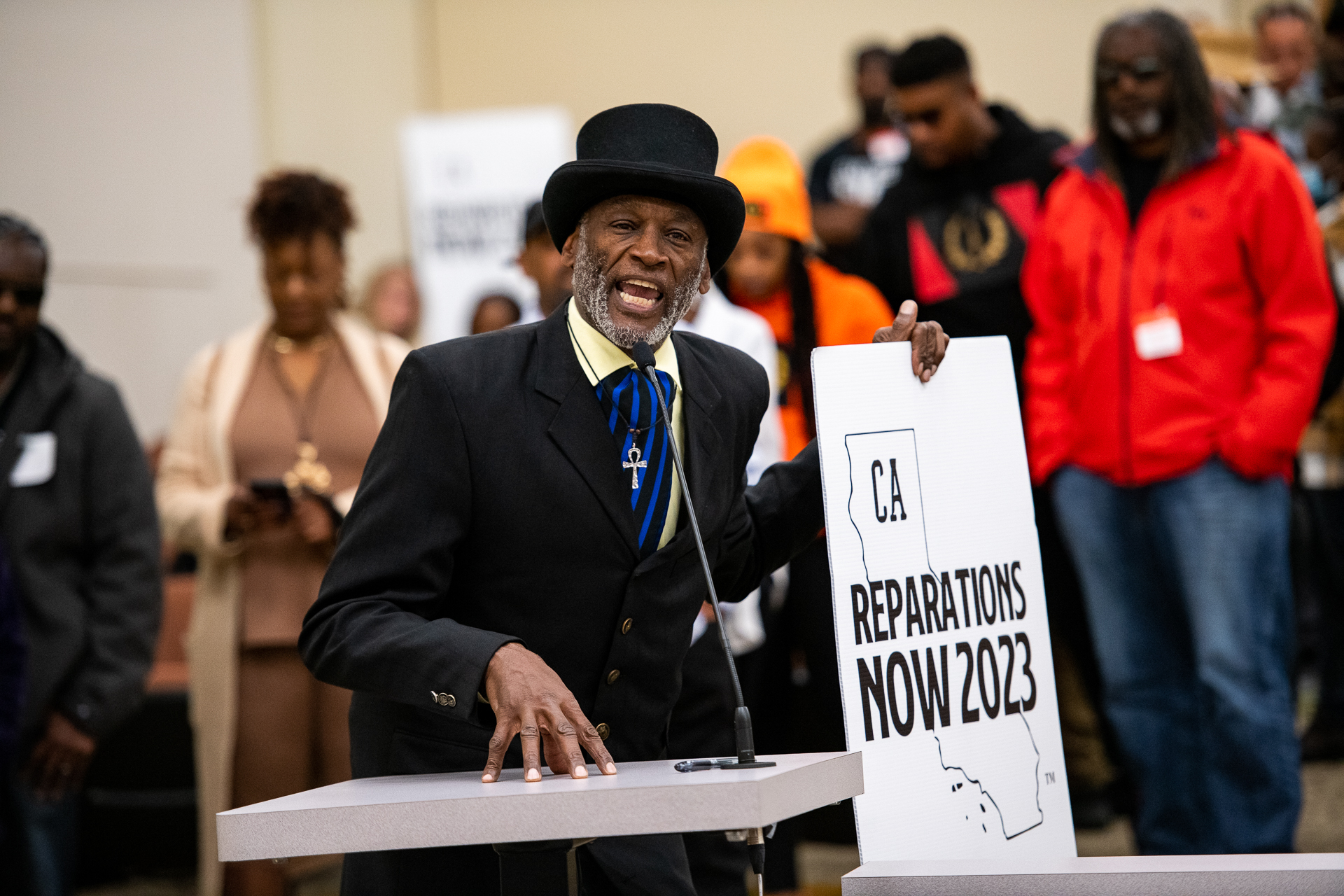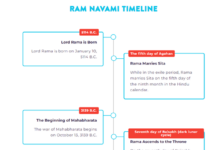
Vidya Sethuraman
India Post News Service
California’s Reparations Task Force, the first statewide body to study and develop reparations proposals for African Americans, will issue its final recommendations by July 1. The Task Force could be historic, according to a special series produced by PBS station KQED, creating a reparations model the federal government could adapt for a nationwide package. Speakers at the EMS briefing on Feb 28 addressed why the Task Force was formed in a state that claimed to be a free state, who is eligible to receive reparations, how the program could affect the state’s economy.
The California Assembly of Representatives passed the AB 3121 bill on September 30, 2020, establishing a working group to study and formulate African-American compensation proposals, and at the same time instructing the California Department of Justice to provide administrative, technical, and legal assistance to the working group, collecting data from 1619 to 1865 Slavery in the United States during the 1990s, the unfair treatment of the life, liberty, citizenship, cultural heritage and economic opportunity of the more than 4 million Africans who came to the United States and their descendants; and the consequences of slavery and racial discrimination after the abolition of cases of economic, educational, and health hardship experienced by African-Americans.
Due to historical reasons, African-Americans have suffered a lot of oppression, lost their freedom in life, and been deprived of resources, including the confiscation of resources and property of some African-American owners in early California by the federal government, and the destruction of opportunities for economic development. These oppressions and injustices So far, it has left a bad influence on African Americans.
As a free state, California is also ready to solve the legacy of slavery on many levels. She believes that California, as the wealthiest state in the country, should also shoulder this responsibility and become a role model for the entire United States.
Assemblymember Jones Sawyer, D-57th Assembly District and Reparations
Task Force Member said that there is no specific figure on how much compensation will be paid, but hopes to pass the approval of the legislature on June 30 this year, and the final draft law can be drafted and passed. The gap between African-Americans and other ethnic groups is so large because we cannot get fair access to real estate and funds. He believes that African-American prisoners in California should be released early and compensated so that they can return to normal life as soon as possible.






